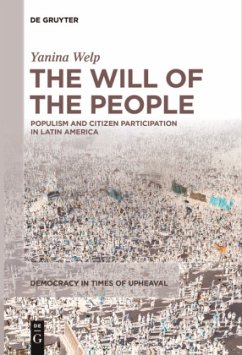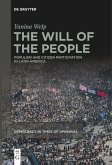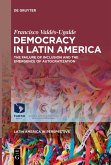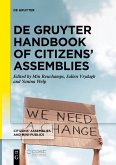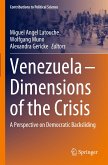The Will of the People: Populism and Citizen Participation in Latin America argues that while populist leaders typically claim to speak 'in the name of the people', they rarely allow the people to express their opinion independently through institutions of citizen participation. The argument is rooted in theoretical discussions and empirical analyses of trends and specific cases.
The volume deals with the following questions: Why is populism so prolific in the Latin American region? How and where do populist leaders arrive to power? Is there a connection between populism and fascism as claimed by negative views of Argentinian Peronism? Are populist leaders more keen on introducing mechanisms of direct citizen participation? Are the erosions of the political party system an explanation of the emergence of populism, as seems to be the case with Fujimorism in Peru? To what extent have the governments of Hugo Chávez, Evo Morales and Rafael Correa given voice to the people through the so-called participatory democracy?
Hinweis: Dieser Artikel kann nur an eine deutsche Lieferadresse ausgeliefert werden.
The volume deals with the following questions: Why is populism so prolific in the Latin American region? How and where do populist leaders arrive to power? Is there a connection between populism and fascism as claimed by negative views of Argentinian Peronism? Are populist leaders more keen on introducing mechanisms of direct citizen participation? Are the erosions of the political party system an explanation of the emergence of populism, as seems to be the case with Fujimorism in Peru? To what extent have the governments of Hugo Chávez, Evo Morales and Rafael Correa given voice to the people through the so-called participatory democracy?
Hinweis: Dieser Artikel kann nur an eine deutsche Lieferadresse ausgeliefert werden.

